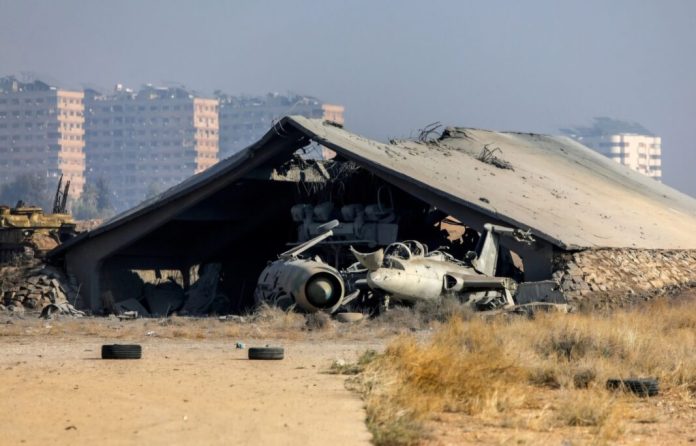In an alarming escalation of hostilities, Israeli forces have launched approximately 250 airstrikes on Syrian territory over the past 48 hours, according to the Syrian Observatory for Human Rights. The strikes targeted military sites, weapons depots, and strategic locations, leaving significant damage and casualties in their wake.
The attacks reportedly hit areas believed to host Iranian forces, allied militias, and Syrian government installations. Major cities like Damascus, Homs, and Tartus witnessed powerful explosions, causing widespread destruction to infrastructure. While civilian casualties have been reported, the exact figures remain unconfirmed.
According to reports from Al Jazeera, Israeli air raids targeted key airports in Homs, Qamishli, and Damascus, alongside strategic military facilities. “Israel’s attacks are systematic, aiming to dismantle Syria’s defence bases,” noted journalist Resul Serdar, reporting from Damascus. Israel has justified such strikes in the past as pre-emptive measures to prevent Iran from bolstering its regional influence and to disrupt the transfer of advanced weaponry to Hezbollah.
This operation is one of the most intense Israeli campaigns in recent years and underscores the fragile and volatile state of the Syrian conflict, which has drawn in multiple international actors. Israel, adhering to its long-standing policy, has refrained from issuing an official statement on the latest strikes.
Meanwhile, Syria is grappling with political turmoil. On Tuesday, Mohammed al-Bashir was appointed as caretaker prime minister by Syrian fighters opposing Bashar al-Assad.
The ongoing violence has exacerbated the humanitarian crisis in Syria, with the United Nations recently reporting that 16 million Syrians require urgent aid. Observers fear the intensifying conflict will deepen the suffering of civilians already caught in a web of geopolitical rivalries and internal strife.
As the region watches these developments, the future of Syria hangs in the balance, with questions mounting about stability, governance, and the broader implications of these attacks on Middle Eastern geopolitics.




